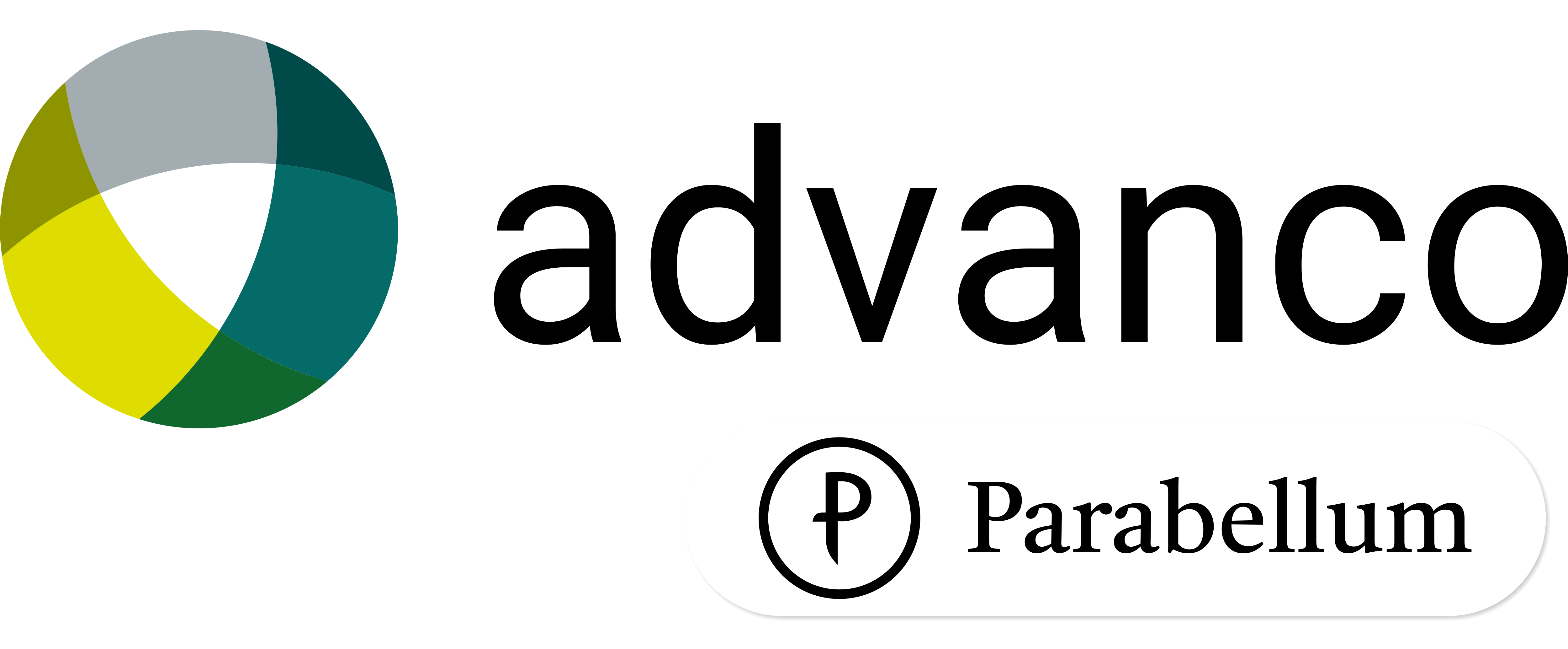Pharmaceutical Serialization: What is Serialization in Pharma?
The implementation of pharmaceutical serialization solutions requires unique serial numbers to be encoded to track products (such as drugs and medicines) throughout the whole supply chain.

Pharmaceutical serialization is a pivotal strategy in the global fight against counterfeit drugs, ensuring the authenticity and safety of pharmaceutical products throughout their journey from production to distribution. This article delves into the essential aspects of pharmaceutical serialization, exploring its definition and significance in today’s regulatory landscape. It outlines the core requirements for implementing serialization in compliance with international standards and highlights advanced solutions to streamline serialization processes across the pharmaceutical supply chain.
What is pharmaceutical serialization?
Serialization involves assigning a distinct identifier to an object. A classic illustration of serialization is our fingerprint, where each person possesses a unique pattern. Beyond pharmaceuticals, various industries such as logistics and aviation employ serialization to monitor parcels and baggage, respectively.
Serialization has become established as one of the most essential components of the global pharmaceutical industry. It is one of the main weapons used in the ongoing fight against fake medicines and counterfeit goods.
The pharmaceutical serialization process involves assigning a unique serial number to each pharmaceutical package. This identity can be assigned by affixing a unique code on each product item, usually in the form of QR code or NFC or RFID, etc. Serialization in pharmaceutical packaging is the process of assigning and labeling a unique serial number for each product to be sold. This contains information about the product’s origin, batch number, and validity or expiration date. This means that goods can be identified and tracked throughout the entire pharmaceutical supply chain, with key information, including the product origin, expiry date, and batch number, being easily identified, and associated with the respective serial number.
Why is pharma serialization important?
Pharma serialization is crucial for several reasons. With pharmaceutical supply chains growing more intricate, serialization enables meticulous tracking of each product or component from inception to final distribution.
By serializing each device or assembly, it becomes possible to track its movement through the supply chain, from raw materials to finished products. This can help identify bottlenecks or inefficiencies in the production process and can also provide valuable data for inventory management and forecasting.
Serialization in pharma has become so valuable in the fight against fake medicines that governments across the world have now made serialization solutions and pharmaceutical track and trace technology a global standard.
What are the requirements for implementing serialization in the pharmaceutical industry?
Implementing pharmaceutical serialization requires following specific rules set by global regulations. Across nations and regions like the EU, China, South Korea and the USA, legislation mandates the integration of serialization into pharmaceutical labeling to combat counterfeit drugs effectively. These regulations typically align with guidelines from organizations such as GS1 standards, which specialize in traceability solutions.
To achieve pharmaceutical serialization, companies must incorporate essential elements into their product labeling. This includes obtaining a Global Location Number (GLN) and Global Trade Item Number (GTIN) from the local GS1 organization. The GTIN uniquely identifies each type of pharmaceutical product, while the GLN denotes the originating country or entity. Additionally, a serial number must be assigned to each product under the GTIN, ensuring individual traceability. Lot information, specifying batches from the same production cycle and expiration dates further enhance product tracking and safety.
Adaptation to local packaging practices and regulatory nuances is crucial. For example, packaging formats vary between regions like the USA (often using plastic bottles) and Europe (typically using cardboard boxes). Understanding these variations ensures compliance with specific serialization requirements tailored to each market’s regulations and packaging standards. By adhering to these protocols, pharmaceutical companies uphold product integrity and regulatory compliance throughout the supply chain.
Advanco’s solutions for pharmaceutical serialization
Advanco helps pharmaceutical firms across the world to achieve essential global traceability compliance standards through robust pharma serialization solutions. Already trusted by over 100 of the leading global pharmaceutical manufacturers, advanco provides everything from installation to fully managed solutions across the entire supply chain that can integrate seamlessly with existing software.
Serialization for pharmaceutical packaging needs
Counterfeit products are a profoundly serious issue. According to the World Health Organization, roughly 10% of medical products circulating in LEDCs and MEDCs are substandard or falsified. Governments are addressing this global crisis by creating laws that mandate serialization solutions as essential for pharmaceutical companies.
ARC MES/Cockpit is a specialist site management system that handles the entire serialization and aggregation process. It collects data from the packaging lines and sends back printed serial number reports to the company repositories (Level 4) or the country repositories (Level 5). Read more about ARC MES/Cockpit: https://www.advanco.com/arc-mes-cockpit/
Pharmaceutical serialization for warehouse needs
Warehouse management has always been a challenge for pharmaceutical companies because of the manual work required and the hardware restrictions for post-packaging order reprocessing. Newly introduced regulations only make this challenge harder due to pre-existing weak integrations.
ARC LES manages inbound and outbound movements and serialized warehouse operations. With inbound operations, ARC LES integrates with the contract partners to accept goods automatically, or after manual label scanner checks, which is especially useful for returns and goods receipts. When it comes to outbound solutions, ARC LES controls delivery operations from pallet level down to the individual serialized items and integrates with ARC MES/Cockpit to transmit details to the delivery partner.
The ARC LES Workstation is a compact serialization solution for pharmaceutical warehouse and shop-floor operations, featuring an industrial PC, touchscreen display, network-connected label printer and wireless handheld scanner. The ARC LES Mobile solution gives the flexibility to manage a serialized inventory from anywhere, using a handheld scanner.
Finally, ARC LES Edge simplifies pharmaceutical serialization in warehouse operations further by connecting directly with any serialization solution and ERP system to perform real-time inventory tracking and management.
Read more about ARC LES at https://www.advanco.com/arc-les/
Pharma industry supply chain needs
The implementation of serialization across the Pharma industry requires unique serial numbers to be encoded to track products (like medicines, drugs and equipment) throughout the whole supply chain. It is a highly complex process due to data transfer and integration of multiple IT solutions by different companies, providers, and countries.
With its agile supply chain experience dating back to 1981, advanco’s ARC platform provides regulated serialization solutions across the entire pharmaceutical manufacturing process – from production to packaging and loading.
Advanco’s ARC platform for regulated track and trace from Level 2 to Level 5, offers maximum flexibility, extremely high security, and adheres to strict global governmental compliance levels without sacrificing quality standards. Designed to support a variety of packaging-line technologies and production management systems, ARC serves as the central hub for managing pharmaceutical serialization data and simplifies product traceability across the whole supply chain thanks to integration at key enterprise levels.
The full suite of ARC products comprises:
- ARC MES/Cockpit: Serves as a packaging management cockpit for serialization and aggregation operations, with an open and secure interface technology: ARC MES/Cockpit
- ARC LES: Specializes in warehouse and packaging shop-floor operations, including rework-after-serialization and shipment management, to increase inventory management efficiency: ARC LES
- ARC LES/EDGE: A mobile application supporting the handling of warehouse and packaging shopfloor operations, including rework-after-serialization and shipment management: ARC LES Edge
- ARC Cloud: Provides supply-chain level data exchange without compromising the on-premises level reliability. ARC Cloud marries strong site management features with the capability to coordinate multiple supply chain partners in the cloud platform: ARC Cloud
- ARC Cold Chain: Enables easy management, maintains compliance, and utilizes historical data to optimize processes: ARC Cold Chain
- ARC SAP Adapter: Provides supply-chain level data exchange without compromising the on-premises level reliability: ARC Sap Adapter
Advanco’s serialization solutions for the pharmaceutical industry are all designed to be fully compliant with specific geographical compliance regulations – we currently work with over 100 leading pharmaceutical firms located across the globe.
Our experts are established as some of the leading innovators in the pharmaceutical serialization sector. We continuously monitor for new developments and are proud that our solutions lead the way when it comes to answering these very specific requirements.
If you would like to request a demonstration of the advanco’s ARC platform, please visit: Request a Demo.



